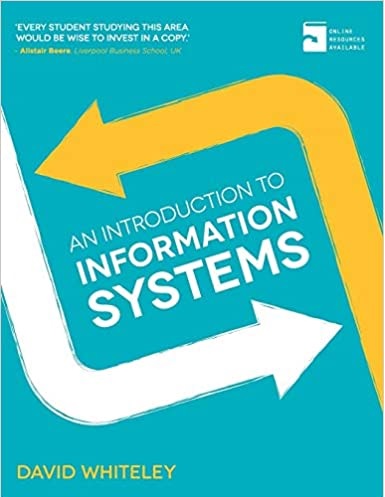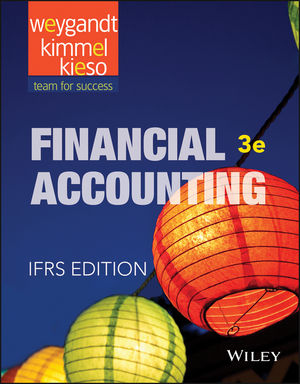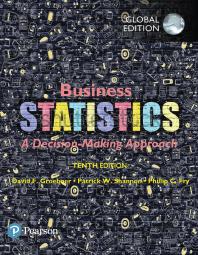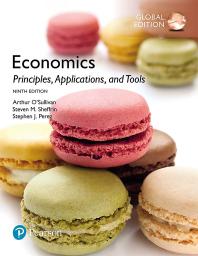Introduction to Information Technology is based on the fundamental principle that the significant role of information technology (IT) is to support organizational personnel, regardless of their functional area or level in the organization. Covers the fundamentals of computers and computing and topics that include the impact of computers on society, ethical issues, and terminology, and discussion about available hardware and software as well as their application. The aim is to teach how to use IT to master their jobs and to help ensure the success of their organization. The focus is not merely on learning IT concepts but on applying those concepts to facilitate business processes.
- Teacher: Amitabh Verma
- Non-editing teacher: Shah Md Safiul Hoque
- Non-editing teacher: Nur Naha Binti Abu Mansor
- Enrolled students: 2
- Teacher: Latifa Al Badi
- Teacher: Nur Naha Binti Abu Mansor
- Teacher: Ramiz Ur Rehman
- Non-editing teacher: Sarfaraz Javed
- Non-editing teacher: Iman Sulaiman Maktoumi
- Non-editing teacher: Alina Raboshuk
- Non-editing teacher: Ali Zeyad Ali Albada
- Enrolled students: 402
- Teacher: Karima Khalifa Al Qartoopi
- Teacher: Irfan Saleem
- Non-editing teacher: Hanan Bloushi
- Non-editing teacher: Adil Hassan Khalid Khalid
- Non-editing teacher: Nur Naha Binti Abu Mansor
- Enrolled students: 434
Course Description:
Basic statistical concepts and techniques such as sample, population, parameter, statistic, descriptive statistics, probability concepts, theoretical discrete and continuous probability distributions (Binomial, Poisson, and Normal), and inferential statistics (confidence intervals and Hypothesis testing) as applied in business and economics.
Course Aim:
The aim of this course is to provide students with the necessary understanding of the role of statistical tools and methods in a business setting. Emphasis is on both computational and interpretational aspects.
Basic statistical concepts and techniques such as sample, population, parameter, statistic, descriptive statistics, probability concepts, theoretical discrete and continuous probability distributions (Binomial, Poisson, and Normal), and inferential statistics (confidence intervals and Hypothesis testing) as applied in business and economics.
Course Aim:
The aim of this course is to provide students with the necessary understanding of the role of statistical tools and methods in a business setting. Emphasis is on both computational and interpretational aspects.
- Teacher: Noura Said Jahwari
- Teacher: Sanjeev Kumar
- Non-editing teacher: Adil Hassan Khalid Khalid
- Non-editing teacher: Nur Naha Binti Abu Mansor
- Enrolled students: 414
Course Description: Fundamental economics concepts, opportunity cost, scarcity, demand, supply, price mechanisms, household behavior, government role, utility, market structure, profit maximization, theory of the firm, income, applied microeconomics.
Course Aim: The aim of the course is to give students an overview of microeconomic analysis, including aspects such as how individuals prioritize their needs with limited resources, human behaviour in buying and selling, and how decisions are made under uncertainty and different market structures.
Course Aim: The aim of the course is to give students an overview of microeconomic analysis, including aspects such as how individuals prioritize their needs with limited resources, human behaviour in buying and selling, and how decisions are made under uncertainty and different market structures.
- Teacher: Usama Al Mulali
- Teacher: Sridevi Yerrabati
- Non-editing teacher: Adil Hassan Khalid Khalid
- Non-editing teacher: Karima Khalifa Al Qartoopi
- Non-editing teacher: Nur Naha Binti Abu Mansor
- Enrolled students: 384




